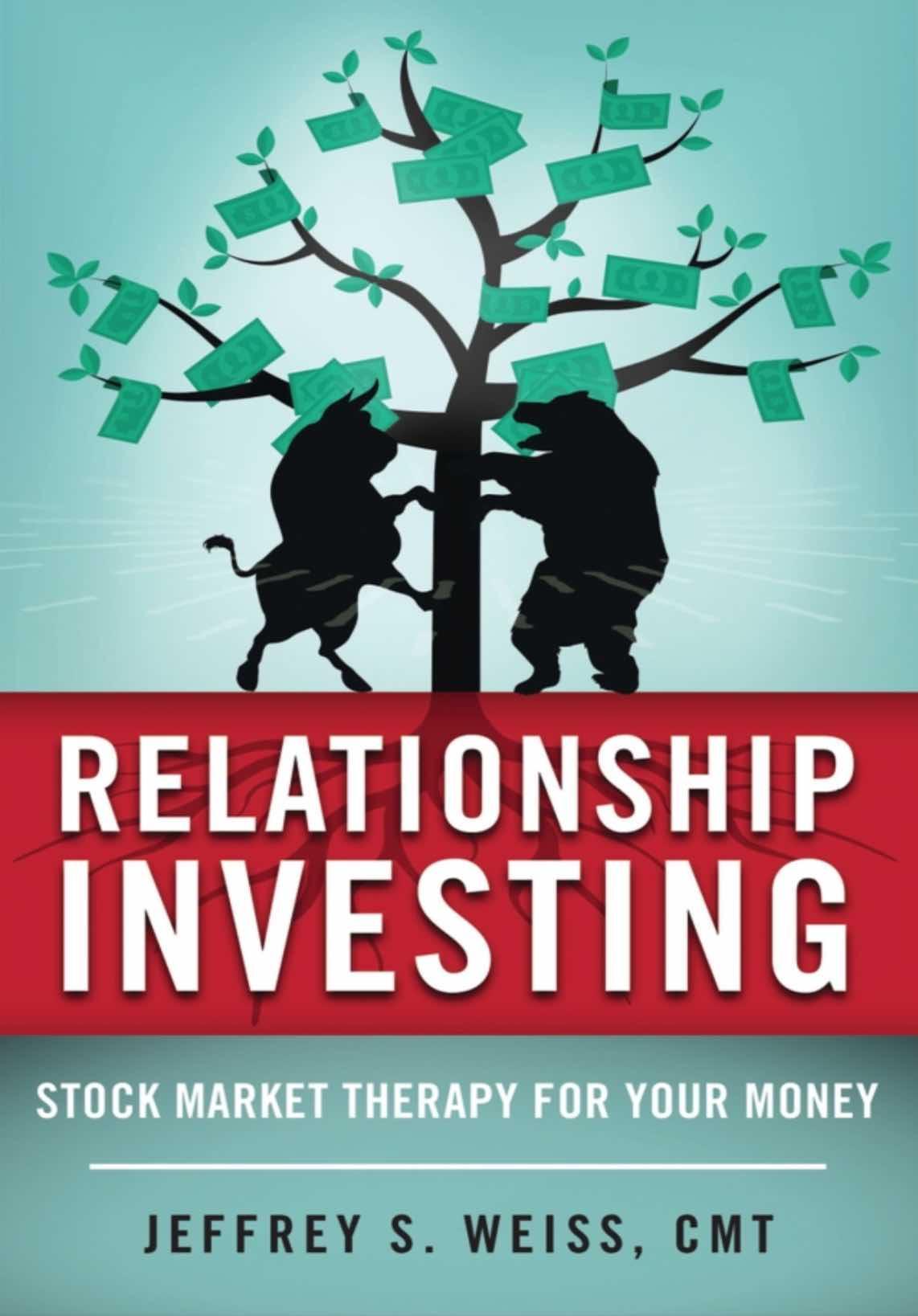Legendary market maven Newton Zinder (the man who gave me my big break in the technical analysis world by hiring me at E. F. Hutton & Company in 1982) once remarked that, on Wall Street, “to know what everyone else knows is to know nothing.” This was but one of many brilliant phrases uttered in his long and ultra-distinguished career.
Psychologically speaking, it’s difficult to take and maintain one’s market or stock view in the midst of an ever growing crowd that’s singing a totally opposite market tune. It’s a lonely feeling, no question about it. Nerves of steel are often required, as the news background is probably aligned lopsidedly against you, and your friends and associates are questioning your judgment. In fact, you may even be questioning it yourself. But if your view is backed up by the action of the market itself (which as a technical analyst I believe is the key ingredient) and you have a well-designed risk management plan in place, it doesn’t matter how many voices may disagree with yours because it’s the action of the stock market that speaks the loudest!
A correctly interpreted message from these movements is more powerful than all the so-called expert opinions combined. After all, the consensus view is often wrong at key turning points. Go back and research the opinions of many of these pundits at major market turning points and judge for yourself. On a related note, being an authority on a company or industry doesn’t automatically translate into being correct on their underlying share price direction. Analyzing a company and successfully trading its underlying shares are two different things. Just because you know a car’s every engineering detail doesn’t mean that you’ll make a good test track driver.
At this juncture I need to state that one should never be contrary only for the sake of being contrary. Just because market sentiment is overly bullish or solidly bearish does not, in and of itself, necessitate an opposing view. That’s never an investment strategy. Besides, the consensus market view can be correct for some time. Using sentiment statistics (gauges of bullishness or bearishness among market watchers) on which to base investment decisions is no substitute for analyzing the market’s far more important structural supply-demand credentials. Not even close, in my view. That’s because the former measures what people are saying and thinking about the market, not what they are actually doing with their capital. Gauges that measure the latter are far more useful.
In life, we want our kids to be independent in their thinking and not do something simply because their friends are doing it. We want them to be able to say no. That will require going against the prevailing view in those instances where following in lockstep with the other kids is deemed to be wrong or, worse yet, dangerous. We also wouldn’t want to leave this sensible thinking behind when we delve into stocks.
Moral: Take no comfort in siding with the crowd when investing your hard-earned dollars. While noting that sentiment considerations are used today to varying extents by some market watchers, they shouldn’t be the leading reason on which to base your purchase and sale decisions. Rather, trust the market’s judgment first and foremost. For me, chart analysis and supply-demand gauges are the determining factors in my investment decisions, not the consensus conclusions. Once again we see a non-investment-based, psychological consideration seeping into the investing mix.
(To be continued...)

This excerpt is taken from “Relationship Investing: Stock Market Therapy for Your Money” by Jeffrey S. Weiss. To read other articles of this book, click here. To buy this book, click here.
The Epoch Times copyright © 2023. The views and opinions expressed are those of the authors. They are meant for general informational purposes only and should not be construed or interpreted as a recommendation or solicitation. The Epoch Times does not provide investment, tax, legal, financial planning, estate planning, or any other personal finance advice. The Epoch Times holds no liability for the accuracy or timeliness of the information provided.





